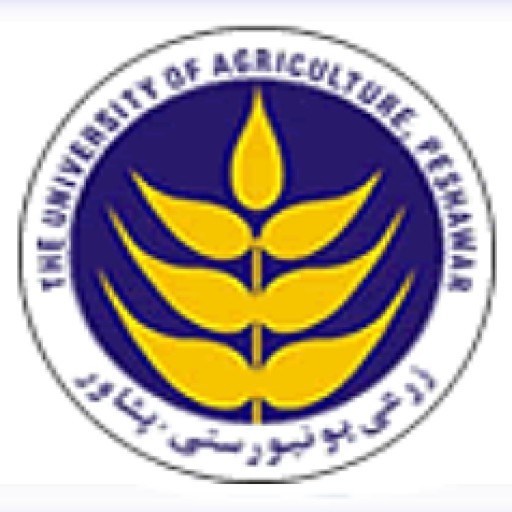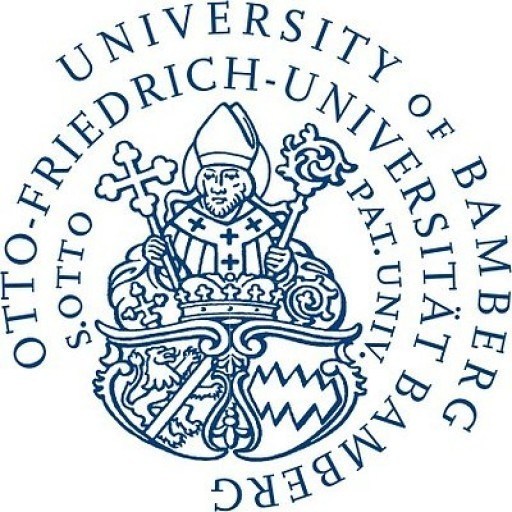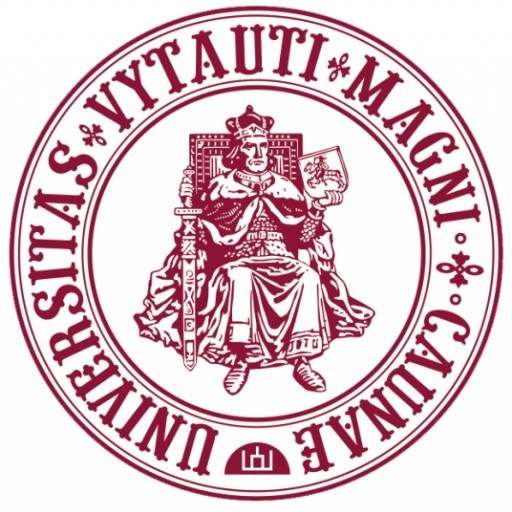Photos of university / #oxford_uni
The MPhil in Politics (European Politics and Society) is an advanced two-year graduate degree which provides training in research techniques and methodology and enables you to acquire substantive knowledge in this sub-area of the discipline. It is also suitable if you later wish to embark upon doctoral research.
Graduate destinations
Graduate work in politics will prepare you for an academic career in the field, either in Oxford or elsewhere, but the department also celebrates the substantial number of its graduates working in government, in diplomatic services, and in senior positions in the private sector.
The department is committed to engaging with its alumni community. The alumni programme is now underway and includes an annual publication ('Inspires’), a website forum, alumni networks and tailored events.
The MPhil in Politics (European Politics and Society) is taught by a group of scholars who specialise in all aspects of European politics, including European integration, comparative European government, Europe’s external relations and the political systems of individual European countries.
The MPhil offers the opportunity to engage with scholars and practitioners from various European countries and institutions, and will provide you with a solid foundation for a wide range of careers, including academic, professional, commercial, diplomatic and governmental positions.
In the first year, you must complete core classes and tutorials in European Governance and a programme of research methods training, which includes core courses in statistics and research design and specialised elective courses.
At the end of your first year, you will sit a three-hour written examination in the core subject and a research design proposal as preparation for the MPhil thesis.
Progression to the second year is conditional on satisfactory performance in the first.
In your second year, you must write a thesis and complete two specialist optional papers. Options that have been offered in recent years include the government and politics of particular European countries, including the UK, France, Russia, Germany and Italy, and thematic subjects such as presidentialism and comparative European parliaments.
At the end of the course, you are required to sit two three-hour written examinations in the optional papers of your choice and submit a thesis of not more than 30,000 words.
Applicants are normally expected to be predicted or have achieved a first-class or strong upper second-class undergraduate degree with honours (or equivalent international qualifications), as a minimum, in political science or international relations, or in a closely related discipline (eg economics, history, philosophy, sociology, law, etc).
Nonetheless, each application will be assessed upon its own merits, and so candidates with a degree in an unrelated discipline should demonstrate the relevance of their academic background to their proposed subject or topic of study.
Entrance is very competitive and most successful applicants have a first-class degree or the equivalent.
For applicants with a degree from the USA, the minimum GPA sought is 3.7 out of 4.0.
If you hold non-UK qualifications and wish to check how your qualifications match these requirements, you can contact the National Recognition Information Centre for the United Kingdom (UK NARIC).
A working or good reading knowledge of French, German, Italian or Spanish is desirable but not essential.
No Graduate Record Examination (GRE) or GMAT scores are sought.
- Official transcript(s)
- CV/résumé
- Statement of purpose: At least 1,000 words or two pages
- Written work:Two essays of 2,000 words each
- References/letters of recommendation:Three overall, generally academic
ENGLISH LANGUAGE REQUIREMENTS
Higher level
|
Test |
Standard level scores |
Higher level scores |
||
|
IELTS Academic |
7.0 | Minimum 6.5 per component | 7.5 | Minimum 7.0 per component |
|
TOEFL iBT |
100 |
Minimum component scores:
|
110 |
Minimum component scores:
|
| Cambridge Certificate of Proficiency in English (CPE) | 185 |
Minimum 176 per component |
191 |
Minimum 185 per component |
| Cambridge Certificate of Advanced English (CAE) | 185 |
Minimum 176 per component |
191 |
Minimum 185 per component |
Want to improve your English level for admission?
Prepare for the program requirements with English Online by the British Council.
- ✔️ Flexible study schedule
- ✔️ Experienced teachers
- ✔️ Certificate upon completion
📘 Recommended for students with an IELTS level of 6.0 or below.
- Global Education
- Hill Foundation Scholarships
- A number of Research Council awards are available each year from the Economic and Social Research Council (ESRC), the Natural Environment Research Council (NERC), and Arts and Humanities Research Council (AHRC).








